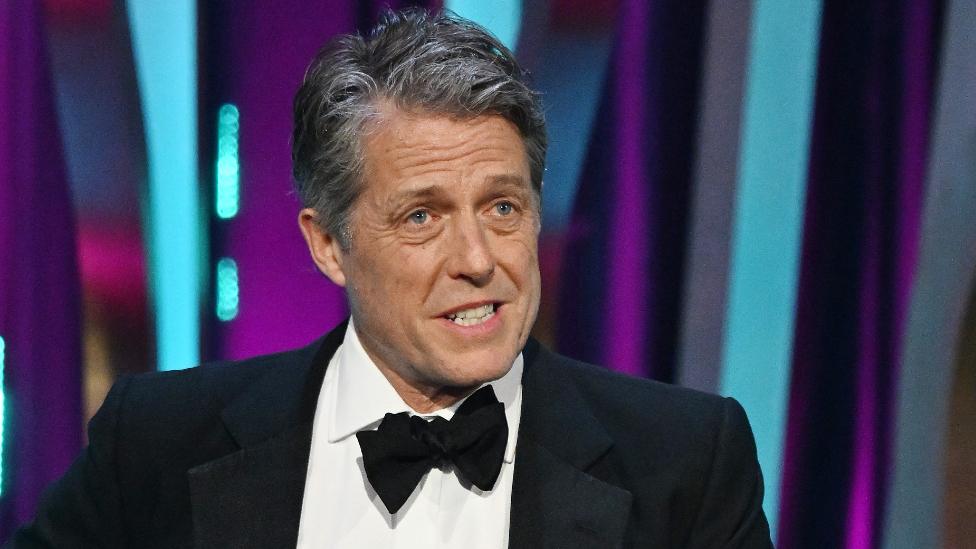Neil Corbould: The Brit competing against himself at this year's Oscars
- Published
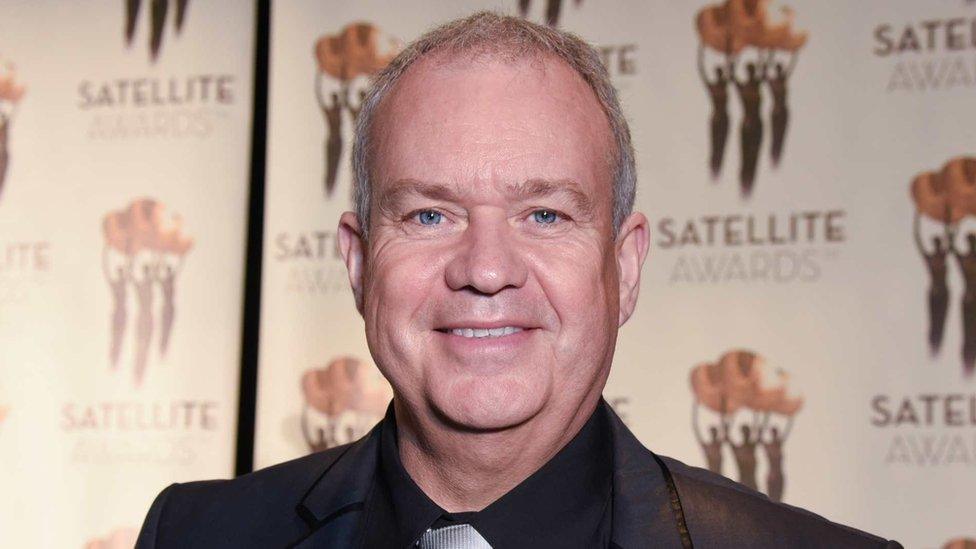
It's not every day you get nominated for an Oscar. But special effects supervisor Neil Corbould has gone one - or should we say two - better.
The Briton has been nominated for three Oscars in this year's visual effects category, describing the experience to the BBC as "quite unbelievable".
He is recognised for his work on Mission Impossible: Dead Reckoning Part One, The Creator and Napoleon.
He joked that competing against himself was probably "the kiss of death."
"It's amazing to be nominated three times," he told me in the opulent lobby of his hotel on Hollywood Boulevard.
The suggestion that perhaps the pressure is off given Corbould's numerous previous nominations and Oscar wins (for Gladiator and Gravity) is quickly dismissed: "I'm very competitive, so I always want to win."
He has no idea where he's going to sit at the ceremony on Sunday: "I might have three seats and have to play musical chairs!"
But the biggest plus? "I get invited to three different after parties."
Neil got into special effects after his uncle Colin Chilvers (who later won an Oscar himself for his efforts) took him on to the set of the 1978 Superman movie.
"I was a big Superman fan as a youngster and I kept bugging him to take me into work with him, which he did eventually. The first set I saw was the Fortress of Solitude set, with Christopher Reeve flying down the middle of the stage with all the smoke and the dry ice.
"And from that day on, I thought, 'This is what I want to do', and 46 years later, I'm still doing it."
We spoke to Corbould about the challenges of each of his very different Oscar-nominated projects.
Mission Impossible: Dead Reckoning Part One
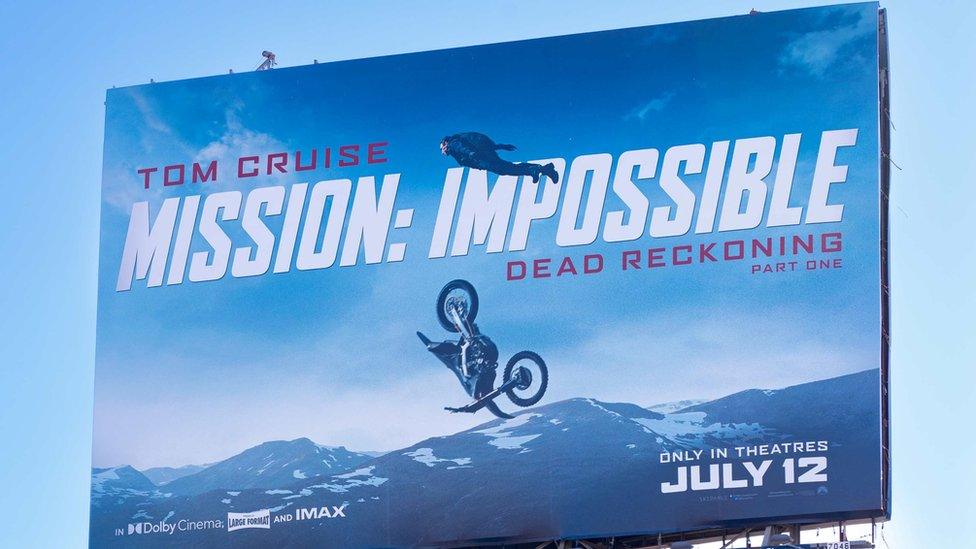
Tom Cruise's Mission Impossible films are famed for their high octane stunts and effects
"That was probably one of the most challenging movies only because Chris McQuarrie (the director) wants to do as much on camera as he can. We built full-size steam trains, bridges, railway track, a remote control train," Corbould explains.
"It's great for the special effects guys to work on those movies as they are so grounded in practical effects."
And his favourite part?
"It's easy really, it's the train going off (the bridge), just because of the scale of it. The amount of preparation that went into it, the building of the train, the picking of the quarry. And we had one go at it and that's it. God forbid if it derailed before it got to the bridge! Once that train's moving... it was extremely hard to do. There's a lot of money at stake."
Napoleon
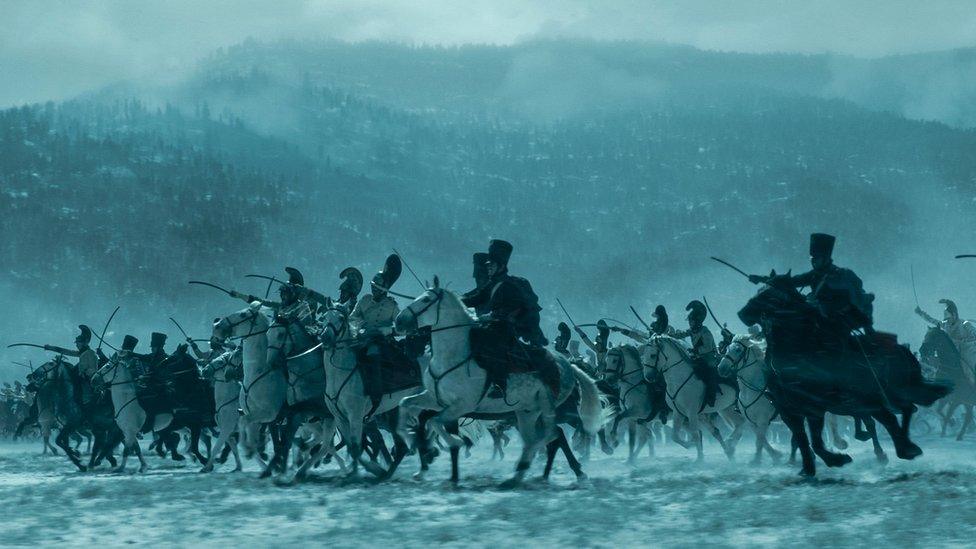
To prepare for battles scenes, Scott gave images which he had storyboarded to his crafts team
Describing long-time collaborator and fellow Brit Ridley Scott as "a genius", Corbould says the 86-year-old, who directed Napoleon starring Joaquin Phoenix and Vanessa Kirby, "works harder than anyone."
"Because I've worked with him so much over the years, I have a sort of second sight into what he wants.
"The most challenging thing was the sheer pace and those big staged battles, like Waterloo - it was this massive field in churn and it was a kilometre and a half round to the other side, with the English army on one side and the French on the other.
"I really hope they do that extended version (director's cut)."
The Creator

The Creator was mostly shot on location with the effects added in post-production
"Visually, it's stunning, it's like a work of art," Corbould says of Gareth Edwards' sci-fi action movie about a future war between humans and AI robots.
The film was made on a relatively low budget, quite the contrast to Mission Impossible and other blockbuster movies Corbould's worked on.
"We only sent two people out to Thailand (for filming) and a local special effects crew helped us out. We had one container and crammed as much stuff into it, smoke machines etc. I like a challenge!"
He adds: "Gareth is such a talented director, you have to buy into his way of filmmaking."
The rise of CGI
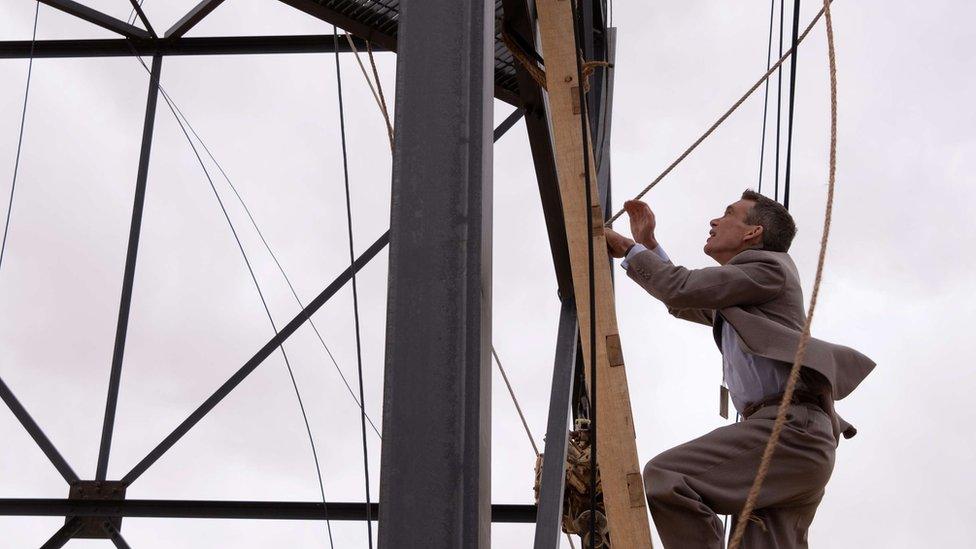
Like many of Nolan's films, much of Oppenheimer was filmed on Imax cameras for the full cinematic effect
Corbould also praised films like Mission Impossible for being "so grounded in practical effects".
"In this day and age, you don't know how long that's going to go on for. These big grand scale movies, we've just got to keep making lots of money or they will die out."
Having said that, he adds: "They said to me 30 years ago that the practical effects were going to be a thing of the past with the new digital era. But today we're stronger than ever."
He says that's "down to the directors like Chris Nolan (whose film Oppenheimer has 13 Oscar nominations), Steven Spielberg and Ridley Scott because they're grounded in the practical area of it... not just special effects, but film celluloid. I think the two go together."
Tax breaks
So why is there such a healthy visual effects industry in the UK, with companies like Framestore, DNEG and of course, Neil Corbould SFX?
"We're a very tight community... being a small industry, on a small island, you have to be good," Corbould explains.
Speaking about the recent announcement in the Budget of various measures including an increase in tax relief for special effects costs, Corbould welcomed the news: "It's a great step in the right direction."
And there's no rest for the wicked with his next project already lined up.
"Looks like I'm going to be working with Gareth again on the new Jurassic film," he says.
A release date has already been set for July 2025.
Related topics
- Published24 February 2024
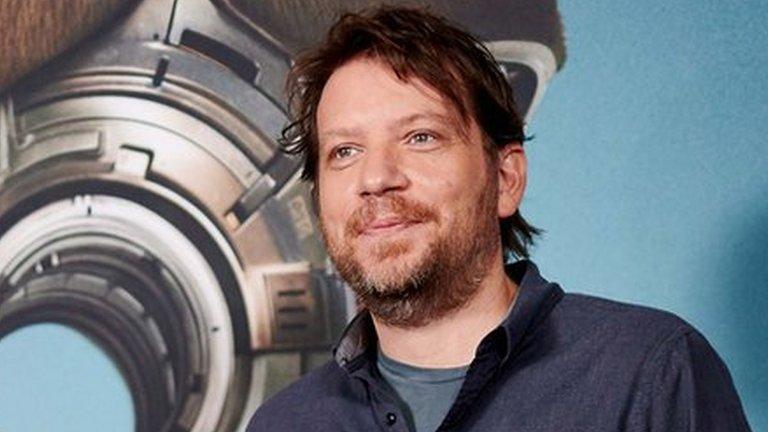
- Published19 November 2023
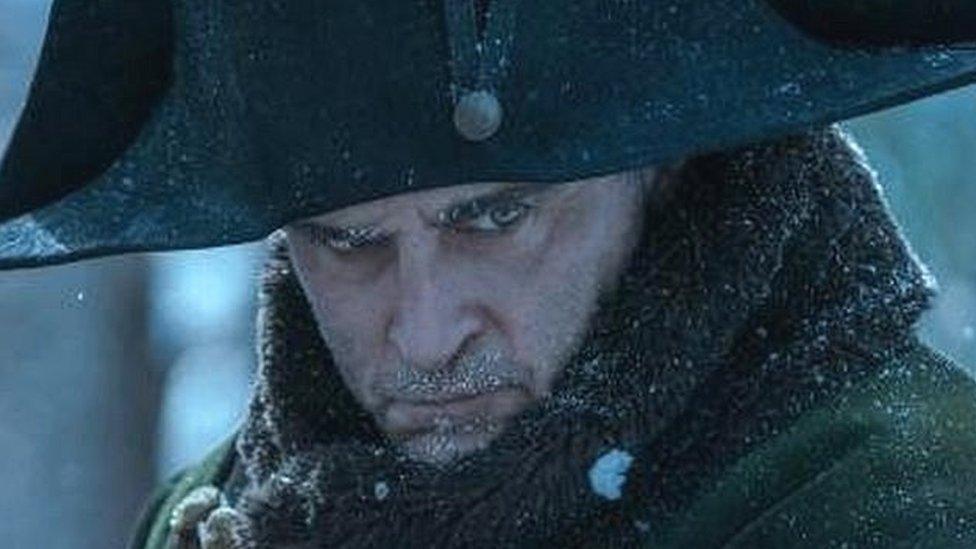
- Published23 June 2023
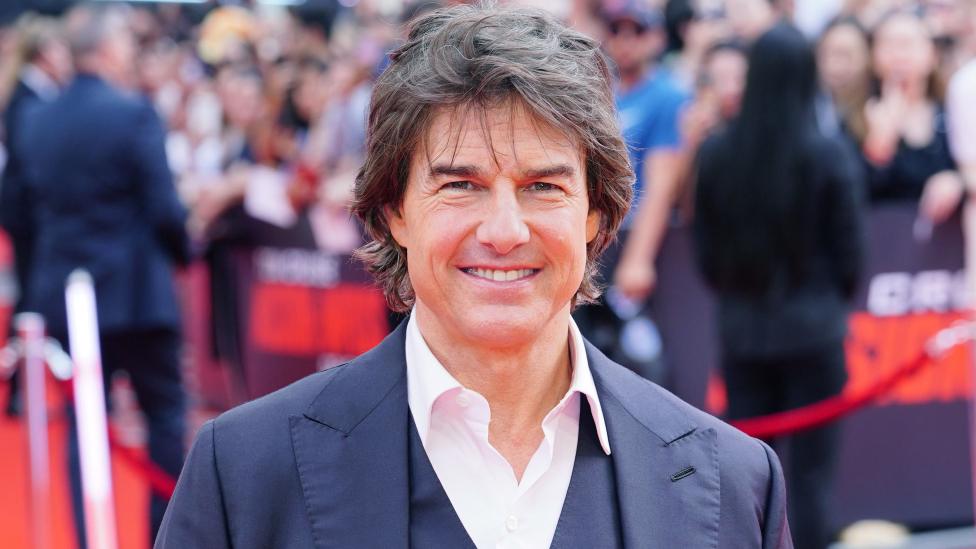
- Published7 March 2024
